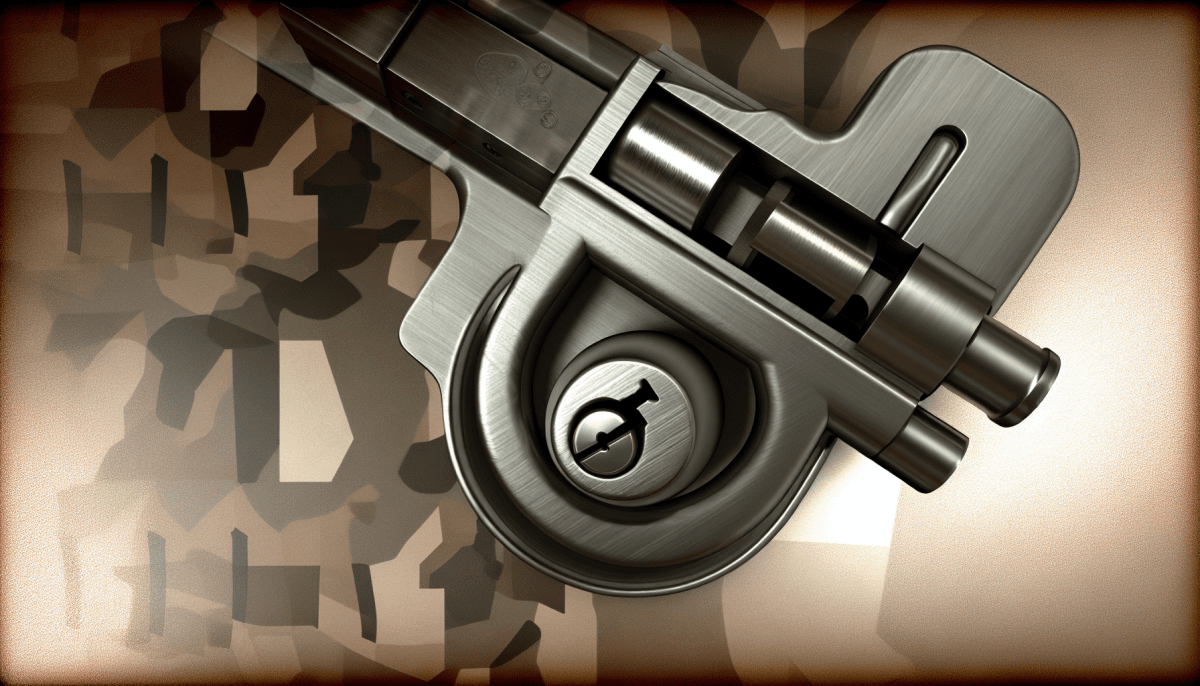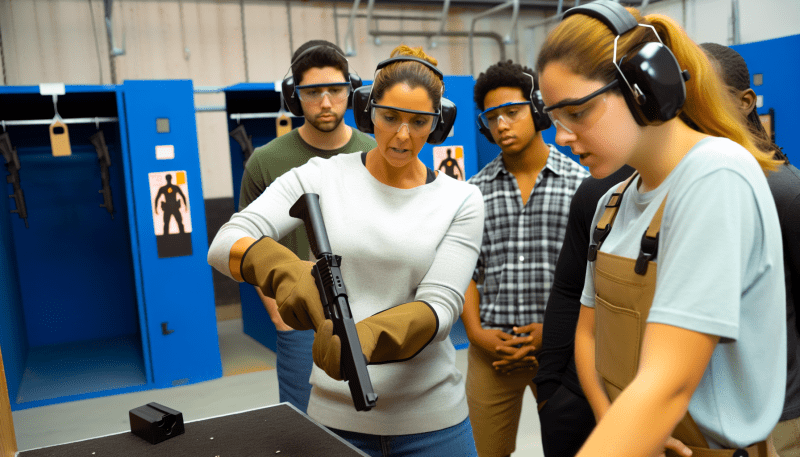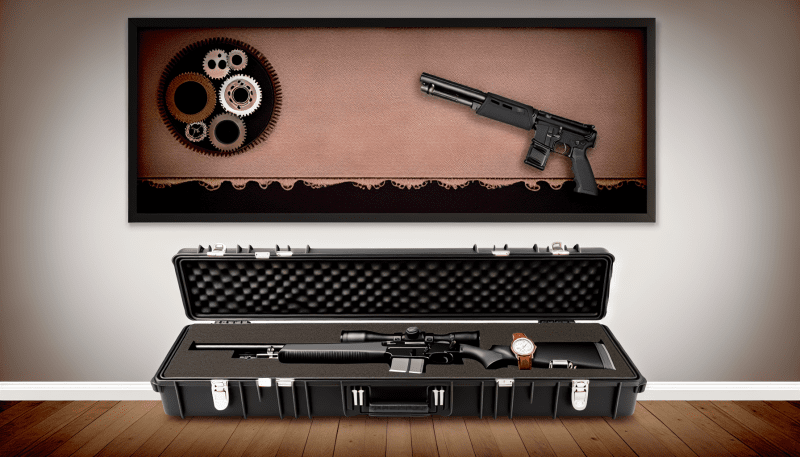Gun locks come in various types, including trigger locks, cable locks, and padlocks. Each type serves the same fundamental purpose: to keep a firearm stored securely and to prevent it from being fired unintentionally. Trigger locks, for instance, encase the trigger area, ensuring that no one can pull the trigger without removing the lock. This added layer of protection can be invaluable in situations where a firearm is left in an accessible place.
Another critical aspect of gun locks is their role in responsible gun ownership. Using a gun lock is often a requirement for firearm storage laws in many states. By utilizing these devices, gun owners comply with legal regulations and demonstrate a commitment to safety. It also helps to instill a culture of responsibility in our communities, encouraging others to take similar steps to secure their firearms.
Additionally, gun locks can help prevent theft. A locked firearm is much less appealing to potential thieves, as it adds a layer of effort they would need to overcome. By making firearms less accessible, gun locks not only protect your possessions but also contribute to broader community safety efforts.
Types of Gun Locks to Consider
When it comes to securing your firearm, choosing the right type of gun lock is crucial. There are several types of gun locks available, each designed to provide different levels of security and convenience. Understanding these options can help you make an informed decision that meets your needs.
One popular option is the trigger lock. These locks fit over the trigger of the firearm, preventing it from being fired. Trigger locks are generally compact and easy to use, making them a great choice for temporary storage or transport. However, it's important to ensure that the lock is compatible with your specific firearm model for effective use.
Another effective solution is the cable lock. This type of lock uses a sturdy cable that goes through the firearm's action or magazine well, rendering it inoperable. Cable locks are versatile and can be used with many different guns, making them a popular choice among firearm owners. They are also relatively inexpensive and can often be found bundled with new firearms.
For those seeking a more advanced level of security, gun safes and storage cabinets are excellent options. These safes come in various sizes and provide secure, locked spaces for your firearms and ammunition. While they require a larger investment and more space, gun safes offer enhanced protection against theft and unauthorized access, making them a smart choice for responsible gun owners.
Lastly, biometric locks are becoming increasingly popular. These high-tech locks use fingerprint recognition to ensure that only authorized users can access the firearm. While they tend to be pricier, the convenience and security they provide can be well worth the investment for many owners. Overall, choosing the right gun lock depends on your personal preferences and security needs.
Tips for Choosing the Right Lock
When it comes to securing your firearm, choosing the right lock is essential. There are various types of locks available, and each has its unique features. First, consider the type of firearm you own. Handguns, rifles, and shotguns may require different locking mechanisms. For example, a trigger lock could be your best bet for a handgun, while a cable lock might be more suitable for rifles.
Another important factor to consider is the level of security you need. If you are looking for a basic level of protection, a simple trigger or cable lock may suffice. However, if you want to ensure that unauthorized users can't access your firearm, you might want to invest in a higher-quality lock, like a safe or a biometric lock that uses fingerprints for access.
Think about ease of use as well. A lock that is difficult to operate might not be practical, especially in an emergency situation. Choose a locking mechanism that you can open quickly while still being secure. Additionally, consider the size and weight of the lock. If you often travel with your firearm, a lightweight and compact option can make transportation easier.
Lastly, do not forget about compatibility with your firearm accessories. If you use a holster or have aftermarket parts, ensure the lock fits without causing damage or hindering functionality. Always read user reviews and ask for recommendations to find a lock that not only meets your security needs but is also user-friendly.
Proper Usage and Maintenance of Locks
Using a gun lock is an essential step in ensuring that your firearm is secure and inaccessible to unauthorized users. To maximize the effectiveness of your lock, it is vital to follow proper usage guidelines. Always ensure that the lock is compatible with your firearm before use. For trigger locks, they should fit snugly without damaging any part of the gun. Always double-check that the firearm is unloaded before applying any lock.
Maintenance of gun locks is equally important for their longevity and functionality. Regularly inspect your locks for any signs of wear or corrosion. If you notice any damage, replace the lock immediately. Additionally, clean the lock periodically to prevent dust and grime from compromising its effectiveness. Using a light lubricant recommended for locks can also help keep mechanisms moving smoothly.
When it comes to storage, always keep your locked firearm in a safe place, out of reach of children and unauthorized users. Ideally, store your gun and lock in a gun safe or a locked cabinet. This adds an extra layer of security. Moreover, establish a routine to regularly practice opening and closing your locks to ensure that they continue to function properly when you need them.



